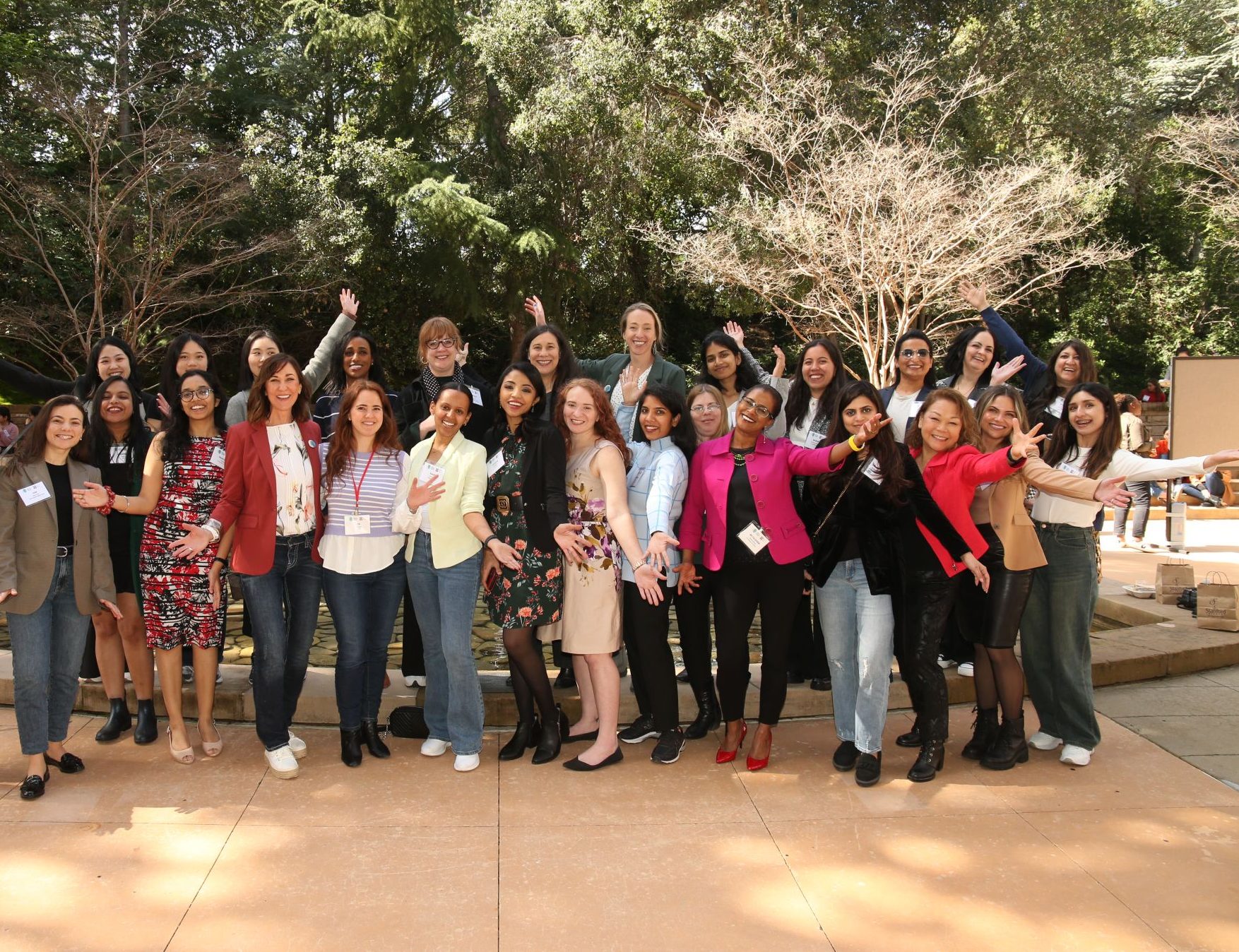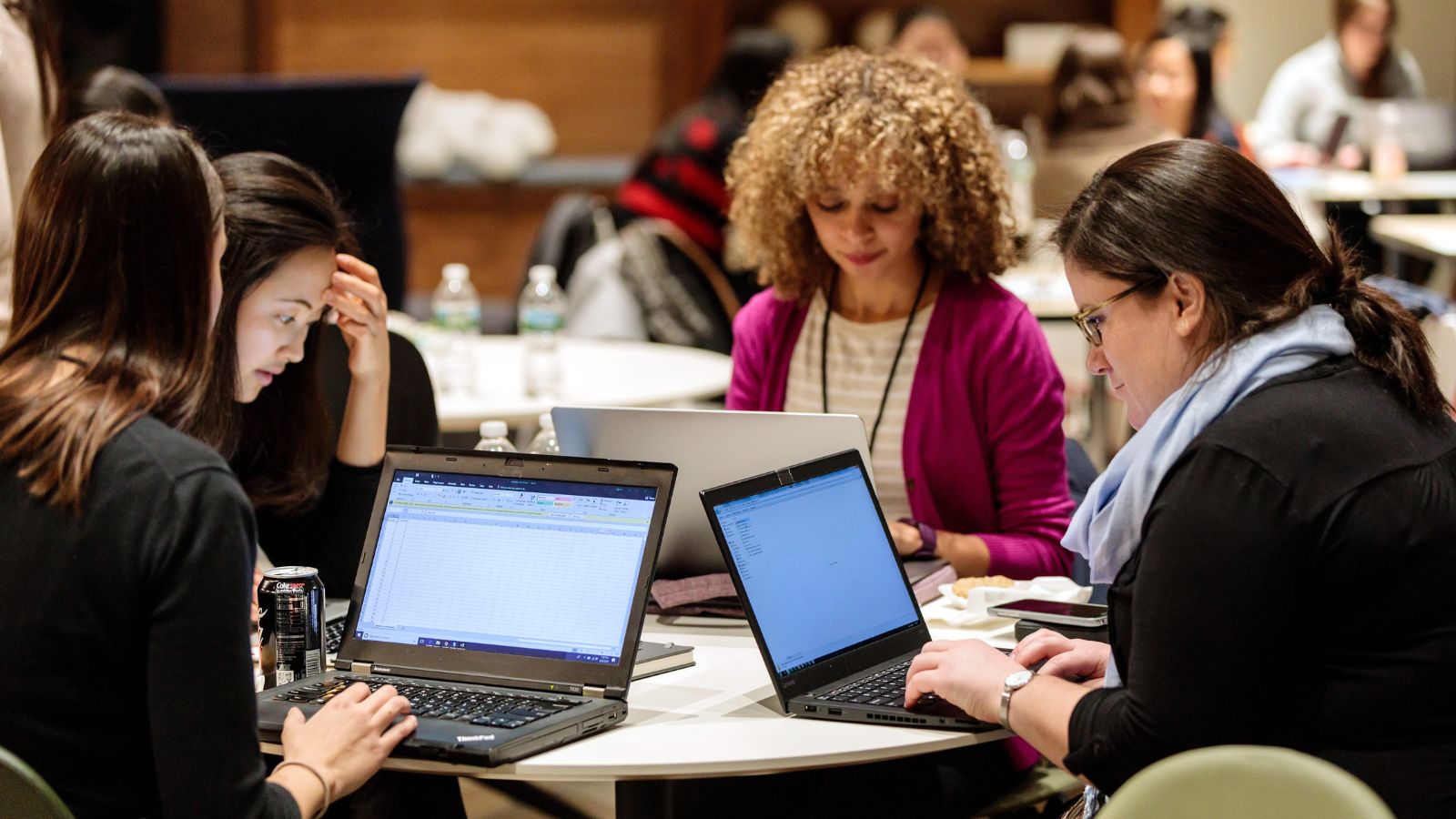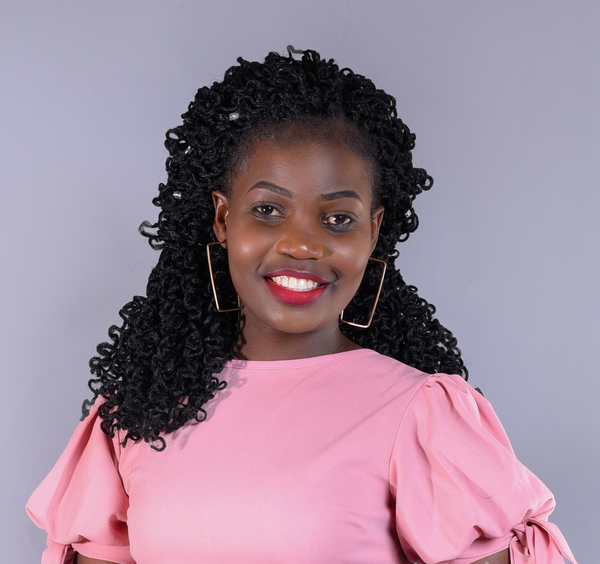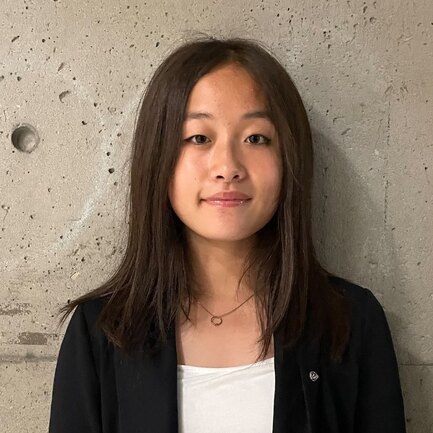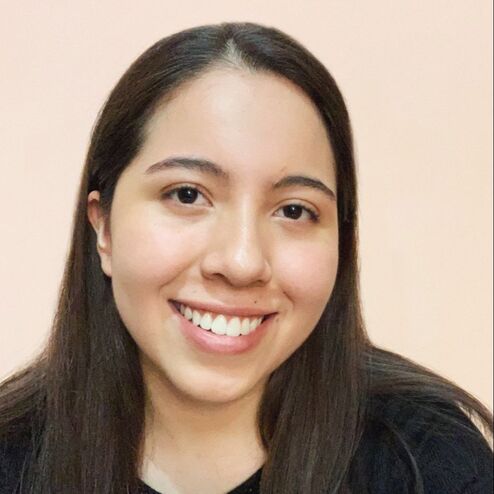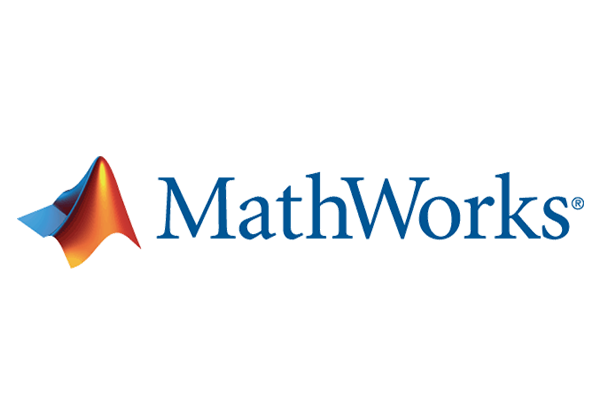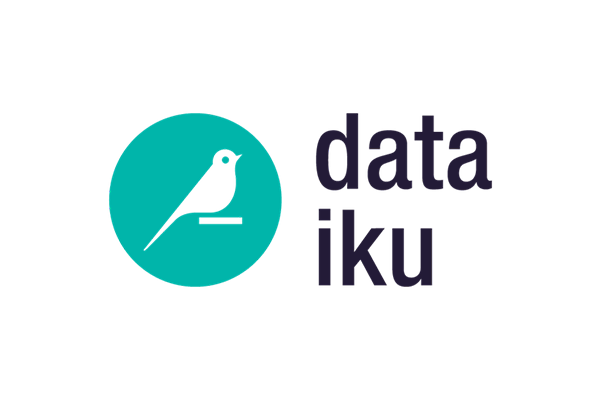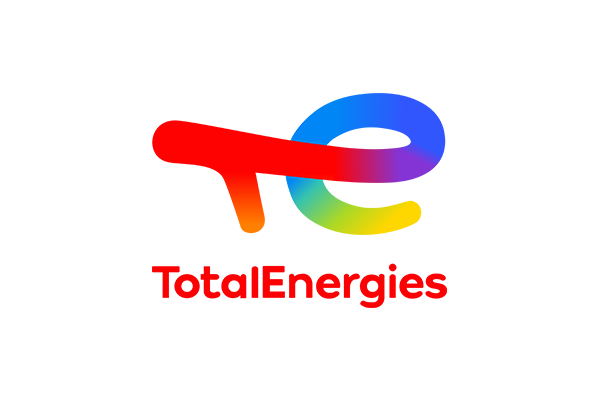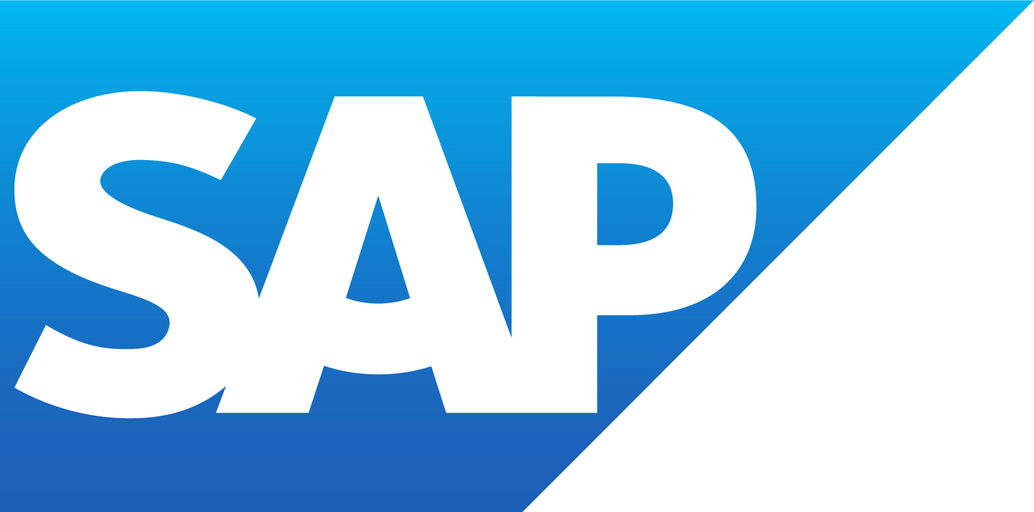Women in Data Science (WiDS) Worldwide
empowers women to reach their full potential in the field of data science. We elevate and celebrate the outstanding work of women on a global scale, fostering respect, collaboration, connection, and visibility. The WiDS community creates access to programs, content, and resources that inspire, educate and support, so that vibrant voices and ideas can be shared with the world.




